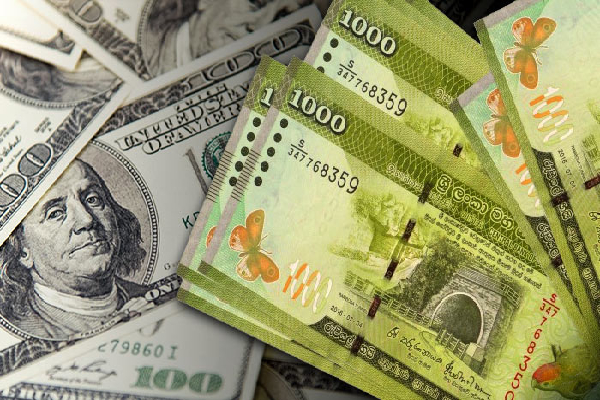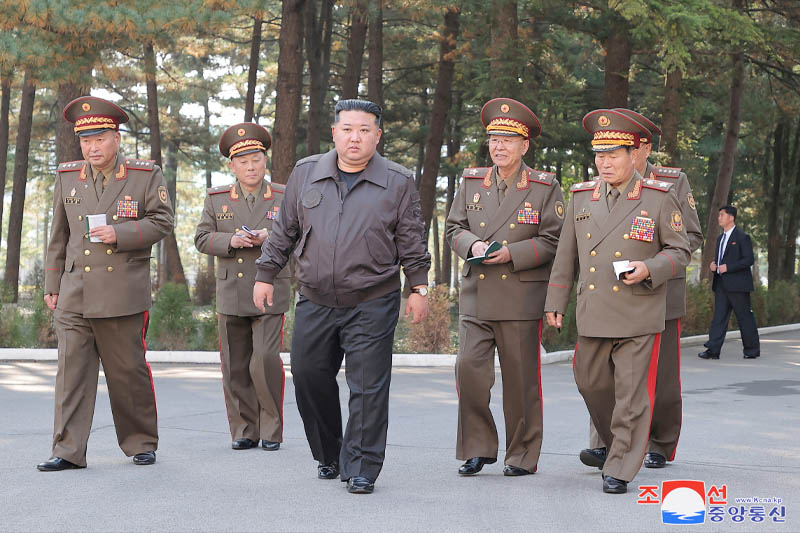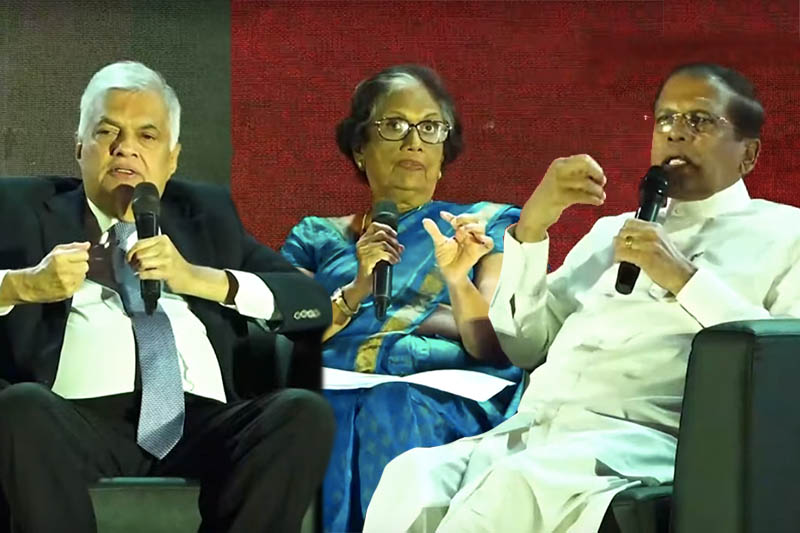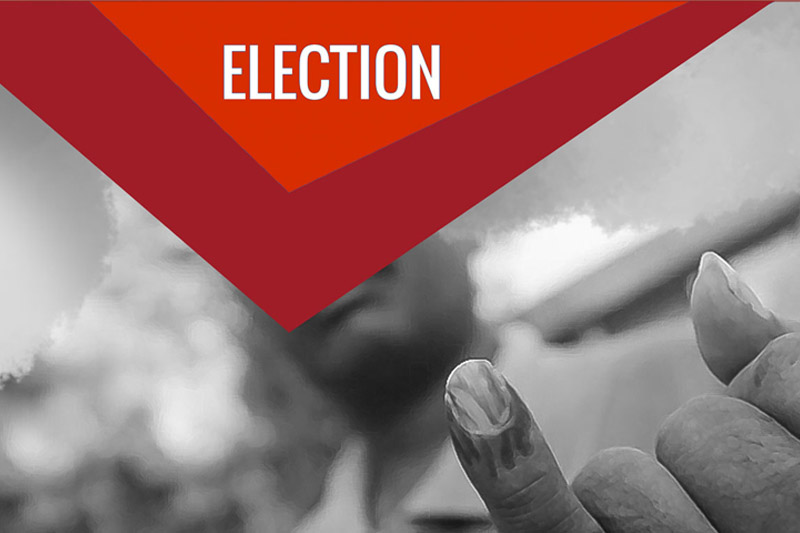Sri Lanka’s rupee is set to decline and lose almost a fourth of its value against the dollar by end-2023, according to a Bloomberg report.
The rupee has weakened yesterday against the dollar and its buying price stood at Rs. 330 and selling price at Rs. 345, foreign exchange market sources said.
According to Central Bank exchange rate data, the buying price of a dollar was Rs. 319 and selling Price was Rs. 335.
Authorities have to remain committed to enacting tough reforms and this might be politically challenging against the backdrop of a weakening economy and a local election likely on the horizon
The rupee is to weaken about 23% to a record low of Rs. 390 per dollar by year-end. The rupee advanced 0.5% to 316.8 per dollar on Thursday, taking its annual gain to 14%.
That’s after the International Monetary Fund (IMF) said it will decide on a USD 2.9 billion bailout for Sri Lanka on March 20 following China’s assurance that it will support the nation’s debt restructuring.
It has been predicted the rupee will rise further to 309 per dollar on Thursday. Sri Lanka has increased taxes, cut energy subsidies and loosened its grip on the currency to secure the IMF loan.
The central bank recently lifted borrowing costs further to ensure that inflation which has slowed from nearly 70% doesn’t flare up.
“Sri Lanka still has significant external debt repayment needs and will need to build up its foreign reserve buffer over the coming months, which would put downside pressure on the exchange rate,” Bloomberg reported.
Meanwhile, former Deputy Governor of the Central Bank said W A Wijewardena said that Sri Lanka needs further rate hike to contain monetary expansion and put the brakes on inflation but a rate hike is will also help support the rupee.
An overall plan covering interest rates, exchange rates, and the budget was needed. “We have to raise rates to contain the rising inflation in the country,” Wijewardene said.
“But it has a positive effect on the exchange rate. One reason very high demand for imports is the money available. The high aggregate demand is driving imports.”
Wijewardene said the 200 rate was could not be held and the day of reckoning had come.
He said the 7.50 policy rate was not enough because the Treasury bill yields have already gone above 10 percent.
It gave arbitrage opportunities for bond buyers to borrow from the Central Bank at 7.50 percent and invest in government securities.
Wijewardene said the gap between domestic dollar yields and rupees had to be widened, adding that an overall economic program covering the monetary and fiscal sector was needed.
“A piecemeal attack will not help. We need a macro-economic plan that will cover the interest rates, exchange rate, monetary policy and the budget. Eventually debt restructuring will be needed as reserves are too low," he added.























